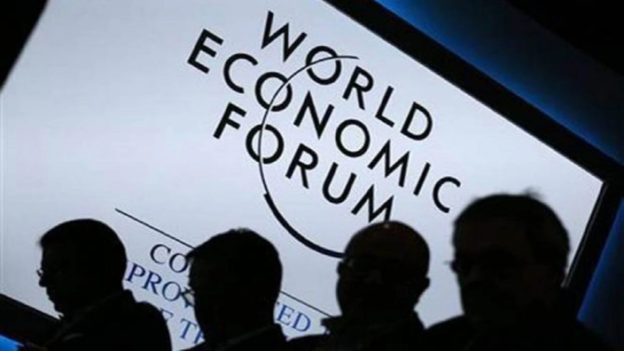At the other end of the spectrum, three-quarters of chief economists still expect a weak or very weak growth in Europe.
High inflation, financial turbulence and the cost-of-living crisis are expected to continue globally in 2023, while longer-term concerns about the return of industrial policy loom, the World Economic Forum (WEF) said in a report.
Experts are evenly divided on the prospects for the global economy, with equal shares of 45% saying that a global recession this year is likely or unlikely, according to the WEF’s ‘Chief Economists Outlook Report 2023’.
Chief economists expect both growth and inflation dynamics to vary widely across regions, while on the economic policy front, 72% predicts a proactive industrial policy to become an increasingly-widespread phenomenon over the next three years.
Although a majority does not see recent financial-sector disruption as a sign of systemic vulnerability, further bank failures and turbulence are considered likely this year.
“Labour markets are proving resilient for now, but growth remains sluggish, global tensions are deepening, and the cost of living remains acute in many countries. These results confirm the urgent need for both short-term global policy coordination as well as longer-term cooperation around a new framework for growth that will hard-wire inclusion, sustainability and resilience into economic policy.” WEF managing director Saadia Zahidi said.
The most buoyant activity is expected in Asia, with China’s reopening expected to drive a significant rebound for the country and bolster activity across the continent. More than 90% expects at least a moderate growth in both East Asia and Pacific and South Asia.
At the other end of the spectrum, three-quarters of chief economists still expect a weak or very weak growth in Europe. In the US, respondents were more optimistic in March-April than in January, but are still divided on the outlook, with the US growth prospects being clouded by heightened uncertainty on financial stability and the likely pace and extent of monetary tightening.
On inflation, there was a marked uptick in all regions in the proportion of respondents expecting high inflation in 2023, and 76% of chief economists said they expect the cost of living to remain acute in many countries. Headline rates have begun to ease, but core inflation has been stickier than expected. The dynamics are particularly stark in Europe and the US, where large majorities (90% and 68% respectively) expect high or very high inflation this year. China remains an outlier, with only 14% expecting high inflation, the report noted.
In the wake of recent bank collapses and financial market turbulence, chief economists expressed confidence in the systemic integrity of global markets. However, two-thirds highlighted the likelihood of further bank failures and disruption, while more than 80% said they expect businesses to find bank loans more difficult to secure as a result of tightening lending criteria. They also pointed to the knock-on effects of high interest rates, notably in the property sector, where two-thirds expect high rates to cause significant disruption in 2023-2024.
https://www.financialexpress.com/economy/economists-divided-on-global-economic-recovery-wef/3070670/





